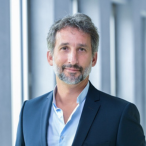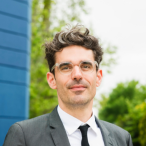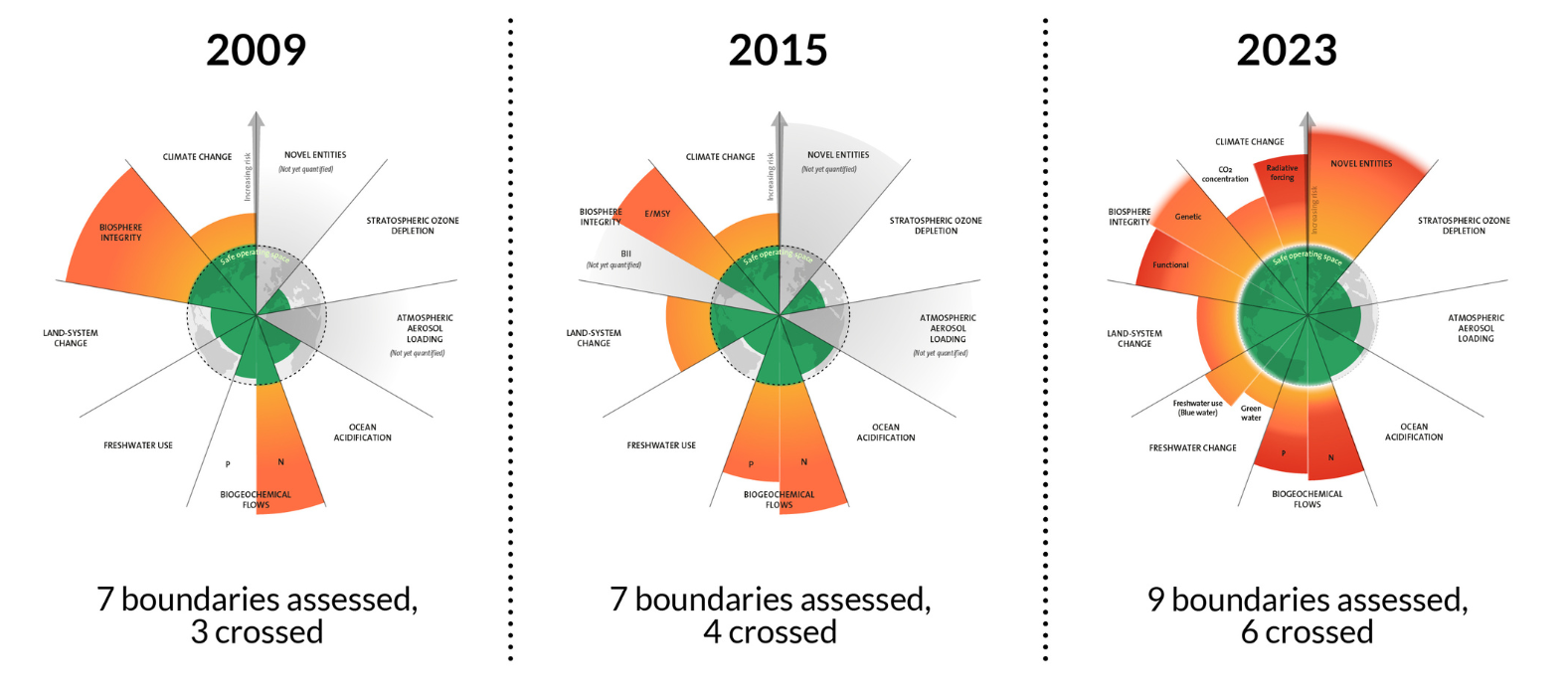Eloïc Peyrache
Director General, Dean of HEC Paris
Our researchers delve deeply into pressing issues, providing invaluable insights and analyses. Through our centers on Impact Finance and AI/Data Sciences and our Institute on Sustainability & Organizations (S&O), our faculty offers platforms for industry leaders to engage with cutting-edge research, driving impactful decision-making. Concurrently, entrepreneurs lead the charge in innovation, crafting solutions that have the potential to reshape entire industries. At HEC, we play a pivotal role as the bridge between these realms, fostering collaboration and advancing sustainable practices.
As Europe's leading business school, we acknowledge our responsibility to guide future leaders in navigating the complexities of a world in flux.
Collaboration and ecosystem creation are thus central to our ethos. By forging partnerships with businesses and academic peers, we exponentially increase our impact. Initiatives such as Business Schools for Climate Leadership (BS4CL), the CDL-Paris Climate program, and the Chairs foster dialogue and collaboration, driving collective action toward sustainability objectives. Finally, through our revamped curriculum, we empower students with the knowledge and tools necessary to enact meaningful change.
As we navigate the complexities of the modern world, the urgency for sustainable business practices has never been more pronounced. I extend my gratitude to all HEC faculty and staff for their dedication, as well as to the HEC Foundation’s donors for their invaluable support. Together, through our unwavering commitment to the Think Teach Act philosophy, we will shape a more sustainable and equitable future for generations to come. This special review on planetary boundaries is one more step in this direction.
Daniel Halbheer
Associate Professor of Marketing, holder of the FII Institute Chair on Business models for the Circular Economy, and Academic Director of the Climate & Earth Center of the S&O Institute at HEC Paris
I am not sure when I first came across the 3R mantra of sustainability – Reduce, Reuse, Recycle – but I know it took me some time to realize its potential, in particular in times when we are bumping against planetary boundaries.
Humanity and businesses are facing an interrelated climate-biodiversity crisis, all sorts of pollution, and conflicts over scarce raw materials to power the future. To me, it seems that we are rediscovering that we live on a finite Planet. And that there are interrelated boundaries that define the operating space for economic activity.
There are interrelated boundaries that define the operating space for economic activity.
So, what can we learn from the 3Rs, which are arranged in order of effectiveness? Recycling is a way to “clean up our mess,” both a top priority and a fertile soil for businesses and entrepreneurs alike. Reuse is a powerful way to extend product life cycles and slow down resource extraction, a wide-open laboratory for business model innovation. Reduce means “buy less stuff.” But beyond deconsumption, it can be interpreted as an imperative to design new products and services with a smaller environmental footprint, which has the power to transform supply chains.
This special edition on planetary boundaries provides a snapshot of what is happening within the wider HEC universe to inform businesses, policy makers, as well as current and future leaders to get traction on solutions that improve the bottom line for organizations, the planet, and society. At the same time, this issue honors the path-breaking work that has been done by the Sustainability & Organizations (S&O) Institute at HEC Paris over the last 15 years to put the sustainable transition on the top of the agenda within the school around the Think Teach Act pillars. I hope you will find some inspiration to push the thinking in your everyday actions and beyond.
You can browse the review online!












